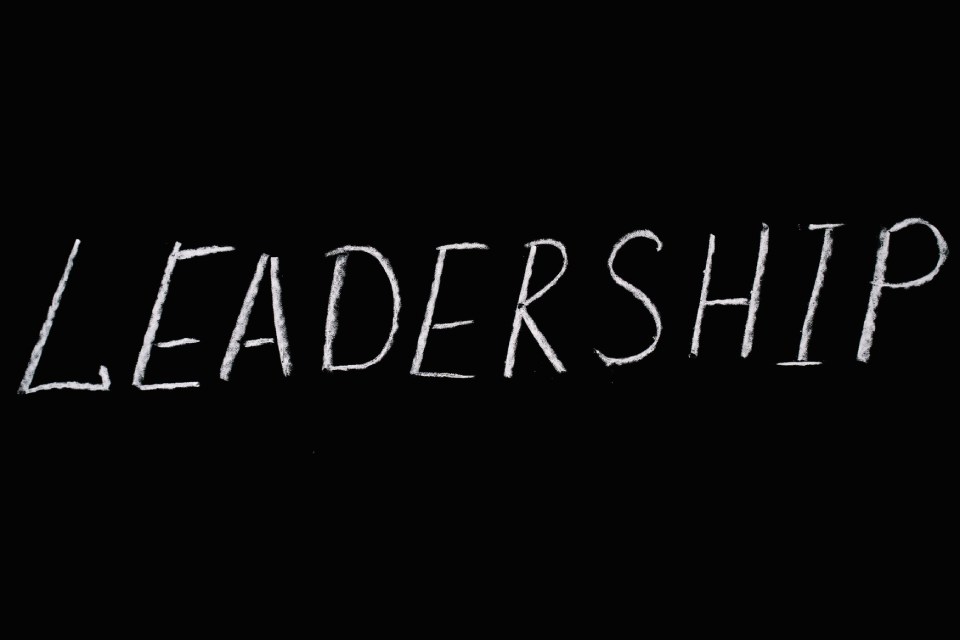For some, leadership has grown beyond building teams and ensuring ample profitability. Being able to hold your nerve was a necessary skill for 2023, in addition to the prioritisation of the much talked about skills of flexibility and nurturing the team’s good health. Thom Dennis, CEO at Serenity in Leadership reveals the top 10 leadership attributes and trends for 2024…
Courageous and resilient in the face of change
The last five years have comprised an unprecedented vortex of challenging times and change from Covid-19 to technological advancements like AI, war, social polarization, the cost-of-living crisis and the ever-increasing focus on corporate social responsibility. Making short-term decisions when there is much uncertainty is tempting. But rather than fearing the unknown or clinging to traditional processes and mindsets, good leaders will make strategic, bold decisions that align with the organisation’s long-term vision and purpose.
The aim of being courageous in the face of change is to be a catalyst for growth; being resilient fosters that courage and inspires confidence in the face of uncertainty.
Leading through uncertainty
There are currently 32 theatres of war around the world, in no small part due to the parlous standards of leadership being modelled by those in positions of power. Short-termism, largely driven by commercial imperatives or personal agendas, is leaving key decisions forsaken, fear on the rise across organisations, and societies and stress increased, not least in the C-Suite.
Fear is corrosive and fosters the opposite to what is needed, with the average age of companies continuing to fall. Leaders need to increase their attention on customers and other stakeholder relationships with a longer view directed by a statement of purpose and relinquishing a primary focus on shareholders. The steadier leaders are, the less fear will pervade, and the greater will be innovation and creativity.
Tech savvy one of the top leadership trends for 2024
The speed of change that you are experiencing now is the slowest it will ever be. The cracking pace of the emergence of AI is a global challenge as organisations try to strike a balance between using technology to all its advantages versus the potential cost to humanity. AI and technology acceleration will continue to dominate headlines. Will the advancements create extraordinary innovation, timesaving and growth? Of course. Could there be a catastrophic cost to humanity? Maybe. The best leaders are concurrently planning the upskilling and reskilling of their existing teams whilst having a solid grasp of the issues, ethics and dangers. They are investing in the technology and tools that will enable them to collect, analyse and act upon data to inform strategic decisions and initiatives.
Not just sustainable, but responsible
Increasing recognition of the climate crisis, albeit not nearly fast enough, means 90% of executives say sustainability is important, but only 60% of companies incorporate sustainability in their strategy, and just 25% have sustainability in their business model. Many will be working on ambitious goals and targets but the demand for people with green skills is currently outstripping supply. As environmentalist, philanthropist and boss of Patagonia Yvon Chouinard pointed out years ago, the word “sustainability” is a misnomer in that no business is yet sustainable. Chouinard’s more realistic challenge was for Patagonia to become a responsible company.
Self-aware
Self-awareness is the cornerstone of effective leadership, it demonstrates emotional and cultural intelligence, mature decision making, and authenticity. Leaders who understand their strengths, weaknesses and stressors perform better and build complementary teams that are well-rounded and diverse. Leaders who model healthy stress management will also be attuned to the needs and concerns of their team members and will offer support and tackle any issues around culture, communication or engagement head-on.
Valuing vulnerability
When leaders are open about their challenges and flaws it creates a far more genuine and trusting environment. Being vulnerable fosters authenticity and promotes effective open and honest communication, allowing ideas to be shared more freely within the workplace. More than ever we need our leaders to be human, humane, and willing to show this.
Relationship builders
At the core of impactful leadership in 2024 lies the important skill of cultivating strong relationships and inclusion. The power to nurture flexible work conditions and interconnected relationships opens doors to seamless collaboration, unwavering trust, reduced conflict and heightened engagement and retention. Investing in uplifting team morale isn’t just a gesture, but a long-term investment with extensive benefits for businesses.
Commitment to delegation
Edelman’s 2022 Trust Barometer found that 29 percent of employees feel that their CEO does not trust them. Holding a leadership role means delegating and empowering other team members to do their jobs well and happily. The faster things change, the more leaders need to focus on what is most important, and so delegation becomes an increasingly important skill in resource management to build trust with a real focus on employee experience.
Unwavering transparency
Transparency isn’t just a buzzword; it is the foundation of trust and credibility. The Slack ‘Future Of Work’ Study found that 80% of employees crave insights into their organisation’s decision-making process. Transparency provides employees with the visibility of behind-the-scenes decision-making, revealing the rationale and decisions behind workplace actions. It gives them greater trust and helps them to understand the relevance of what they are being asked to do. Knowing the ‘Why’ is incredibly important.
Conflict resolvers
A Harris Poll report last month showed that more than two-thirds of American workers say they have dealt with a toxic boss and 31 per cent believe they currently work under one. Effective crisis management, conflict resolution, and handling instances of bullying and harassment must be taken seriously and done right. Around 20% of employees reported they experienced the most conflict at work with their supervisors and tellingly 12% said they also saw conflict frequently among leaders. An organisation needs creative conflict (as described in Patrick Lencioni’s “Five Dysfunctions of a Team”), so having a leader who deals with conflict positively rather than causing it is crucial.
You can find more about Serenity in Leadership here.
Thom Dennis also writes about working with a demanding manager.
















